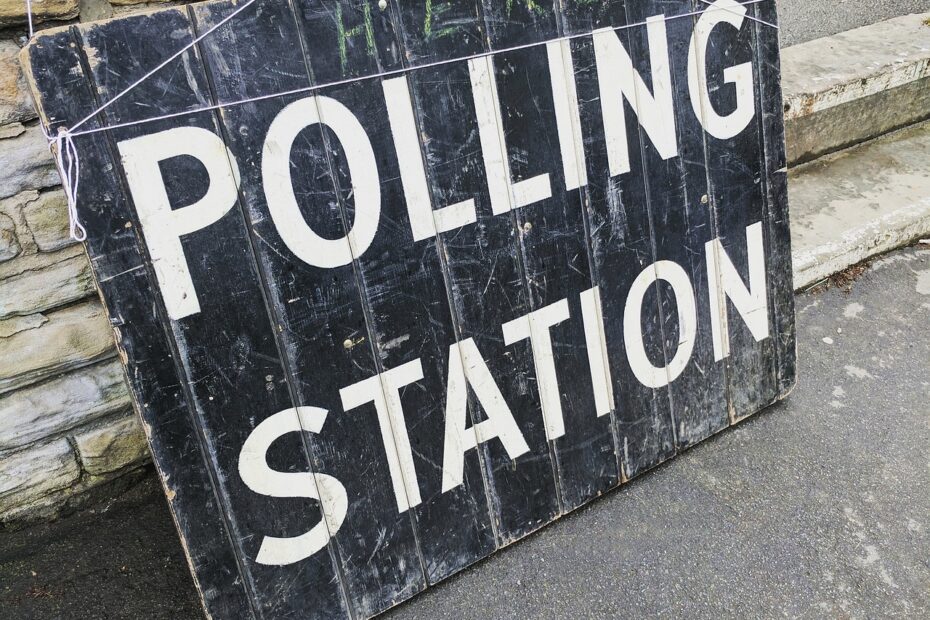Article by Andrew Climo
As the general election campaign proceeds, there are obvious discrepancies in government policy, on the one hand making it easy for older people to vote, using anything from bus passes to blue badges, but not allowing younger people to use their bus passes or student IDs.
But there are other potential issues, and people that may be disenfranchised. This is not a definitive list, but illustrates that the effects of the policy could be wide-ranging, potentially leading to court cases relating to basic civil rights being denied, and may even bring into question some MP’s elections where the result is close.
- Anyone who has had a name change but whose id hasn’t caught up.
- Professional women (and men, such as myself) that have double barrelled married names but retain their single names for work use.
- People with non-English forms of their names used on some ID but not others (Irish, Scots Gaelic, Welsh and perhaps even Cornish).
- Those from abroad whose spellings are not firmly established in English, such as those originating in Cyrillic, Greek, Ukrainian, etc.
- Where names include additional extra words but get omitted by English speaking officials, such as matronymics, patronymics, clan, tribal, elements.
- People that have never had any of the required forms of ID, particularly younger voters or those in sheltered accommodation.
- Anyone who gets a little muddled (don’t we all sometimes) and cannot find their ID, and in particularly older single voters.
Now some will argue that ‘that’s just tough’, or ‘serves them right for now being normal voters’, but of course that’s both cynical and undemocratic.
